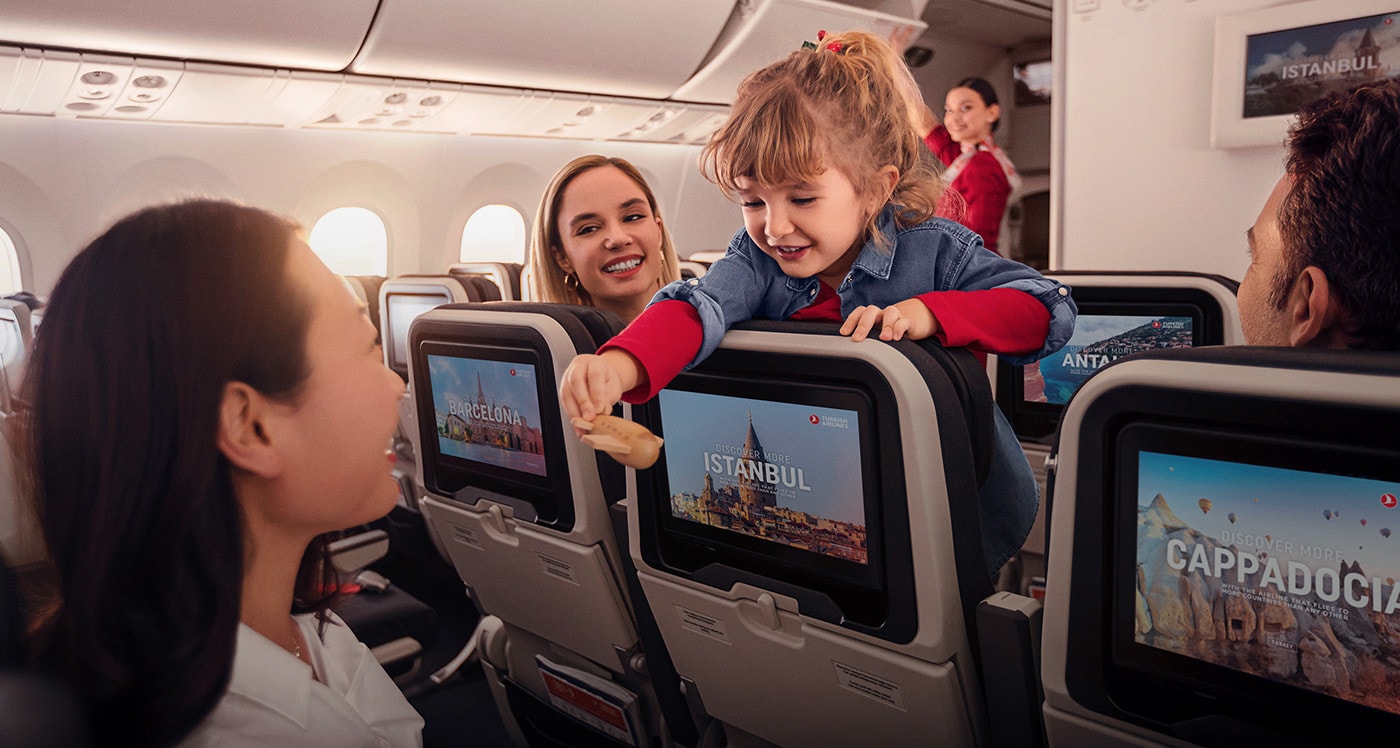Access selected deals available with budget and full-service airlines
Lock any airfare that sounds great. You don’t lose anything if you cancel it
Call us anytime for any assistance. We do not go into hibernation
Your personal and financial information stays secure with us
Turkish Airlines, officially Türk Hava Yolları Anonim Ortaklığı, is the national flag carrier of Türkiye and one of the world’s leading airlines, renowned for its extensive global network, modern fleet, and exceptional service. Founded on May 20, 1933, and headquartered in Istanbul, the airline operates from its primary hub at Istanbul Airport (IST), with secondary hubs at Istanbul Sabiha Gökçen International Airport (SAW) and Ankara Esenboğa Airport (ESB). As a member of the Star Alliance since 2008, Turkish Airlines connects over 340 destinations in more than 130 countries, making it the airline with the most countries served globally. With a commitment to bridging continents, promoting Turkish hospitality, and driving sustainability, Turkish Airlines has earned numerous accolades, including “Europe’s Best Airline” by Skytrax for multiple years.

Turkish Airlines began as the State Airlines Administration under Türkiye’s Ministry of National Defense, operating its first flight from Ankara to Eskişehir with a five-seat Curtiss Kingbird. In 1947, it expanded internationally with a DC-3 flight from Ankara to Athens via Istanbul. The airline adopted its current name, Türk Hava Yolları, in 1956, and joined the International Air Transport Association (IATA) that year. The 1960s and 1970s saw rapid growth with the introduction of jet aircraft like the Douglas DC-9 and Boeing 707, enabling long-haul routes to New York by 1969.
The 2000s marked a transformative era with fleet modernization and global expansion. After joining Star Alliance in 2008, Turkish Airlines leveraged Istanbul’s strategic location to become a major transit hub. By 2013, it operated one of the youngest fleets globally, averaging 6.9 years, and launched its low-cost subsidiary, AnadoluJet, in 2008. The move to Istanbul Airport in 2019, one of the world’s largest airports, solidified its position as a global aviation leader. In 2023, Turkish Airlines celebrated its 90th anniversary, carrying 83.4 million passengers and achieving a net profit of $2.94 billion. As of May 2025, it continues to expand, with plans to double its fleet by 2033 and operate over 800 aircraft.
Turkish Airlines boasts one of the world’s largest and most modern fleets, comprising approximately 440 aircraft as of May 2025, with an average age of 8.7 years. The fleet includes a mix of Airbus and Boeing models, configured for short-, medium-, and long-haul operations:
The airline has 400 aircraft on order, including 150 Boeing 737 MAX, 25 Boeing 787-9, 150 Airbus A321neo, and 25 Airbus A350-900, reflecting its ambitious growth plan to reach 813 aircraft by 2033. Turkish Airlines Technic, a subsidiary, provides maintenance, repair, and overhaul (MRO) services, supporting its fleet and over 700 global customers with EASA, FAA, and IATA certifications.